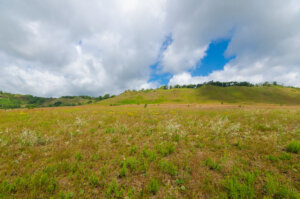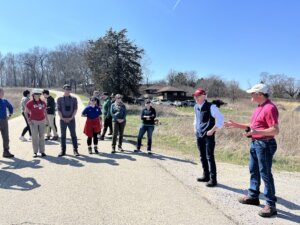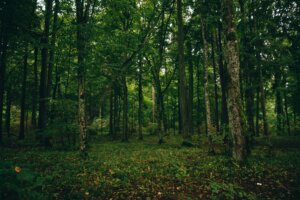In a Cap Times opinion piece, former state assembly representative Spencer Black highlights two significant victories for Wisconsin’s conservation efforts. The first was the Wisconsin Supreme Court’s ruling on the Knowles-Nelson Stewardship Program, and the second was the August election results where voters chose to not pass two constitutional amendments that would hamper the state’s ability to use federal dollars.
Black praised the Supreme Court’s decision, which ruled against the Joint Finance Committee’s power to halt conservation projects through anonymous objections and indefinite delays. This nearly unanimous decision declared the Legislature’s blockade of vital land protection efforts funded by the Stewardship Program unconstitutional.
Under former Governor Scott Walker, Black explains, the Legislature had rewritten the laws pertaining to the Stewardship Program, allowing the Legislature veto power over major land protection efforts. This led to numerous conservation initiatives being stymied, often by a single anonymous legislator without any justification or public accountability.
Black points to two notorious cases where Republicans sought to block Knowles-Nelson projects: Cedar Gorge Clay Bluffs, a stretch of undeveloped shoreline along Lake Michigan, and the Pelican River Forest, one of Wisconsin’s largest remaining privately owned forests.
A second win for conservation efforts came when Wisconsin voters defeated two constitutional amendments that would have required legislative approval for spending federal grants. Black saw these amendments as an attempt to limit Governor Tony Evers’ ability to protect natural areas using federal grant money.
As an original author of the Knowles-Nelson Stewardship Program in 1989, Black notes its instrumental role in protecting over 700,000 acres of land in Wisconsin. He views these recent victories as clearing the path for the program to continue preserving the state’s natural resources.
Featured image by kazuend, 2015










